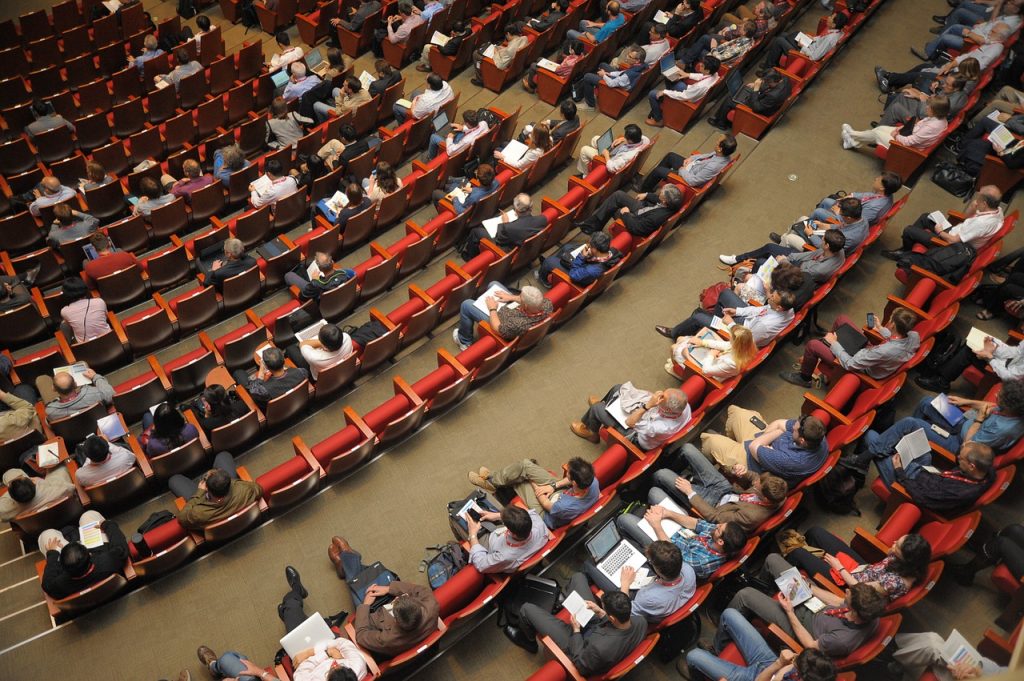We just managed to tranfer the idea of enabling young unemployed people to visualize their vocational experience and biography using digital media to the European level. The research project “Show Your Own Gold (Acronym) develops, tests and evaluates „a European Concept to Visualize and Reflect One’s Vocational Biography Using Digital Media”. It is funded under the ERASMUS+ Key Action 2, Strategic Partnerships programm for 3 years (2014-2017), co-ordinated by IBP/KIT

Aims and objectives
The project aims to develop a European concept for consultancy, including course design, to enable young, unemployed people to display their vocational biography. This is realized by producing media available on a multimedia-based online environment to visualise informally and formally acquired skills. The letter is realized by introducing media-based competence portfolios. Within the framework of the project, both the Internet-based competence portfolio as well as consultancy offered for the participants of vocational preparation courses will be developed in the form of an scientifically accompanied course. The course will be developed, realized with young people in the 6 countries and evaluated.
Project partners:
• Instituto Politécnico de Beja, Art and Multimedia Laboratory, Education Faculty, Beja, Portugal (Prof. Dr. Aldo Passarinho, Prof. Ana Sofia Velhinhu Sousa), Website
• PONTYDYSGU LTD, The Bridge To Learning, Wales, U.K. (director: Graham Attwell) Website
• SC AxA Consulting 99 SRL, a consultancy and training company providing high quality skills training programmes for corporate and industrial clients. (Liliana Voicu), Bucarest, Romania, Website
• UNIVERSITAT DE BARCELONA, Cultural Pedagogies, Faculty of Fine Arts, Esbrina Research Group – Subjectivitats i Entorns Educatius Contemporan“, dedicated to the study of the conditions and current changes in education in a world mediated by digital technologies and visual culture. (Prof. Dr. Fenando Hernandez, Prof. Dr. Juana Sancho-Gill, Rachel Fendler), Website
• Zavod NEFIKS Institut za promocijo in belezenje neformalno pridobljenega znanja/ aims to educate young people in different fields, persuading employers to consider non-formal education as a reference when getting a job.
Ljubljana, Slovenia (Alenka Blazinšek) Website
• Co-ordinator: Institute of Vocational and General Education at the Karlsruhe Institute of Technology KIT (Dr. Daniela Reimann, Prof. Dr. Martin Fischer, M.A. Kerstin Huber, M.A. Kristina Stoewe, Nadine Görg)
Summary
The project intends to make young unemployed people set up, reflect and visualize their individual vocational and educational biography, actively producing media available on a Web-based multimedia environment. Formally and informally acquired skills and competencies are visualized using a particular type of online portfolio developed in the project (by the partner PONTYDYSGU LTD). Within the framework of the project, both the Web-based multimedia environment as well as the consultancy of young people will be developed in the form of an accompanying course offered in each of the participating countries.
In the project, a consultancy concept with a specific scope of courses offered for the generation and reflection of appropriate media formats, such as video clips showing the young participants at the workplace, in work processes, at the company, during internships. Further interviews with the trainees and skilled workers of a branch, including images of their own work pieces and projects are to be provided.
The research design is based on several distinct research strategies:
1. A desk study (analysis, literature review) of the situation of vocational preparation organised and embedded in the VET system and the employment situation of young people in the partner countries. This is necessary in that no studies are at present available on the analysis of the integration of the concept of vocational biography design in vocational preparation in the participating countries;
2. The development of the course (curriculum design) and
3. Its’ application in vocational preparation, followed by
4. a set of in-depth group interviews and surveys with the social actors involved, such as trainees and trainers, accompanied by a series of transnational work meetings.
Dissemination
The results of the project will be clearly spelled out to be easily circulated and disseminated via an International Youth Panel, including the BIBB the German Federal Institute of Vocational Education and Training, as well as social media in order to enhance their usability within the policy making process. The project aims to support EU and national policy makers for what concerns the development & implementation of new VET related policies towards a European concept of successful vocational biography design.
The interim project Web site can be accessed here

 It’s the last day of the summer holidays.
It’s the last day of the summer holidays.





